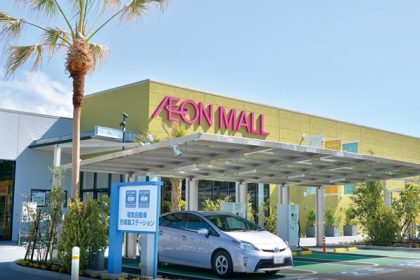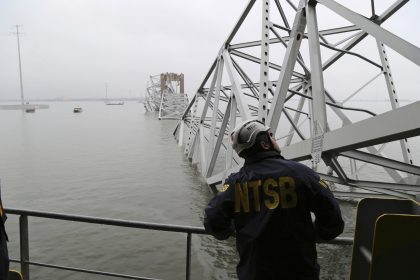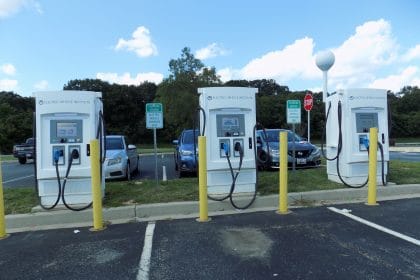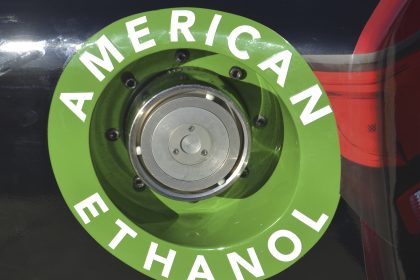Alaska Airlines’ Sustainable Jet Fuel Agreement Looks to Shift Market
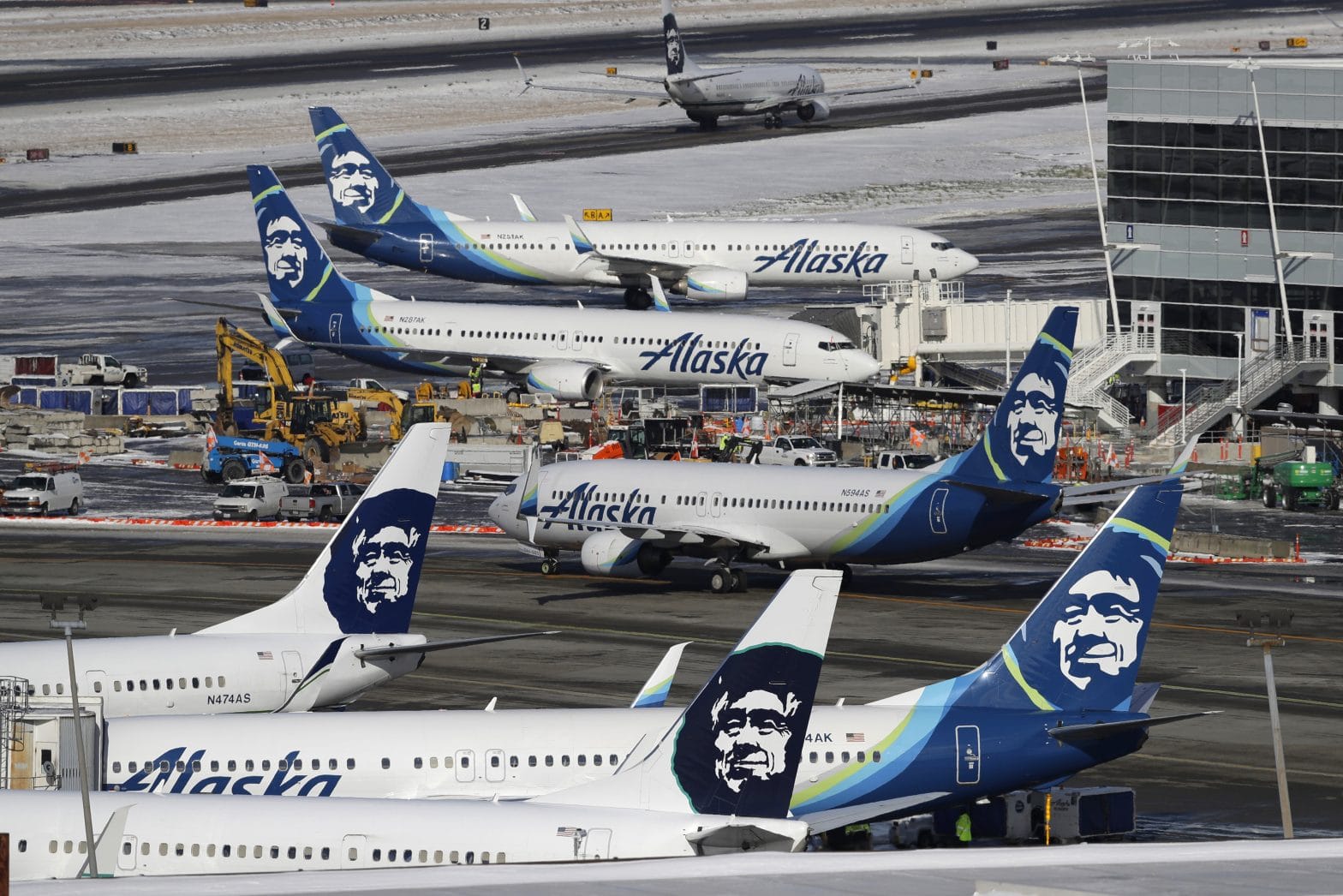
SEATTLE — Alaska Airlines and 14 airlines of the Oneworld Alliance announced Tuesday an agreement with biofuel company Gevo, Inc. that could further kick-start the commercialization of sustainable aviation fuel.
The agreement provides for Alaska Airlines to purchase 37 million gallons per year of SAF, over 180 million gallons over five years, through Gevo’s future commercial operations starting in 2026 — its most significant off-take commitment to date.
Gevo and Alaska Airlines have partnered on sustainable jet fuel trials in the past; in 2016, the two companies made history by flying the world’s first commercial flight using forest residuals (sugars of wood waste) from Seattle-Tacoma International Airport to Reagan National Airport in Washington, D.C., powered by a 20% blend of SAF.
Today, Alaska is using SAF in its operations, working with multiple producers, including Gevo, and other partners to use and facilitate the development of additional SAF commercial supply for the future.
“Using sustainable aviation fuel is a significant part of Alaska’s five-part path to reach net zero carbon emissions, and alongside others in the Oneworld Alliance, we are committed to creating a more sustainable future for aviation,” said Diana Birkett Rakow, senior vice president of public affairs and sustainability at Alaska Airlines. “SAF is the most immediate path we have toward decarbonization of aviation.”
SAF, a safe and certified fuel that meets all jet fuel standards, can come from many sources, including captured methane from landfills, forestry waste and agricultural residues. Diverging from fossil fuels, it provides an opportunity to change the climate impact of aviation, which accounts for 9%–12% of U.S. transportation GHG emissions, according to the U.S. Environmental Protection Agency.
Many airlines are looking to fly greener. The Well News identified an effort by Hawaiian Airlines and Par Pacific to study locally produced SAF earlier this month. Yet still, currently, less than 1% of total fuel available is SAF, with the price up to five times more than conventional jet fuel.
To make a stronger climate impact, as well as to make the price more feasible for commercial use, Alaska and Oneworld hope to enable SAF capacity and infrastructure, jumpstarting enough SAF commercial volume to shift the market toward cleaner fuels.
Experts in the aviation industry say that while there is no one solution to increasing the supply of SAF, a combination of policy incentives, capital investments, and time can induce these fuels to be an effective sustainable solution for the industry.
In September 2020, Oneworld became the first global airline alliance to announce a target of carbon neutrality by 2050, establishing its commitment to long-term sustainability for the industry. The alliance followed up that commitment with an intermediate goal to achieve 10% SAF use across its member airlines by 2030.
In April 2021, Alaska announced the company’s commitment and roadmap to achieve carbon net zero by 2040 and established a five-part path to achieve the goal.
The path includes operational efficiency, fleet renewal, sustainable aviation fuel, electric or hybrid-electric aircraft over the long term and credible carbon offsets, but only as needed.
Of these five parts, Alaska Airlines contends that sustainable aviation fuel provides the greatest opportunity to decarbonize in the near and medium term, and has demonstrations to show that the company has been working for over a decade to first test and then use SAF.
“Alaska is proud to play a role in advancing this critical market for sustainable aviation fuels,” said Ann Ardizzone, vice present of supply chain at Alaska Airlines. “Making SAF commercially viable at scale requires strong partners and action on all fronts. We appreciate the partnership of suppliers like Gevo in tackling this challenge.”
Kate can be reached at [email protected]


















